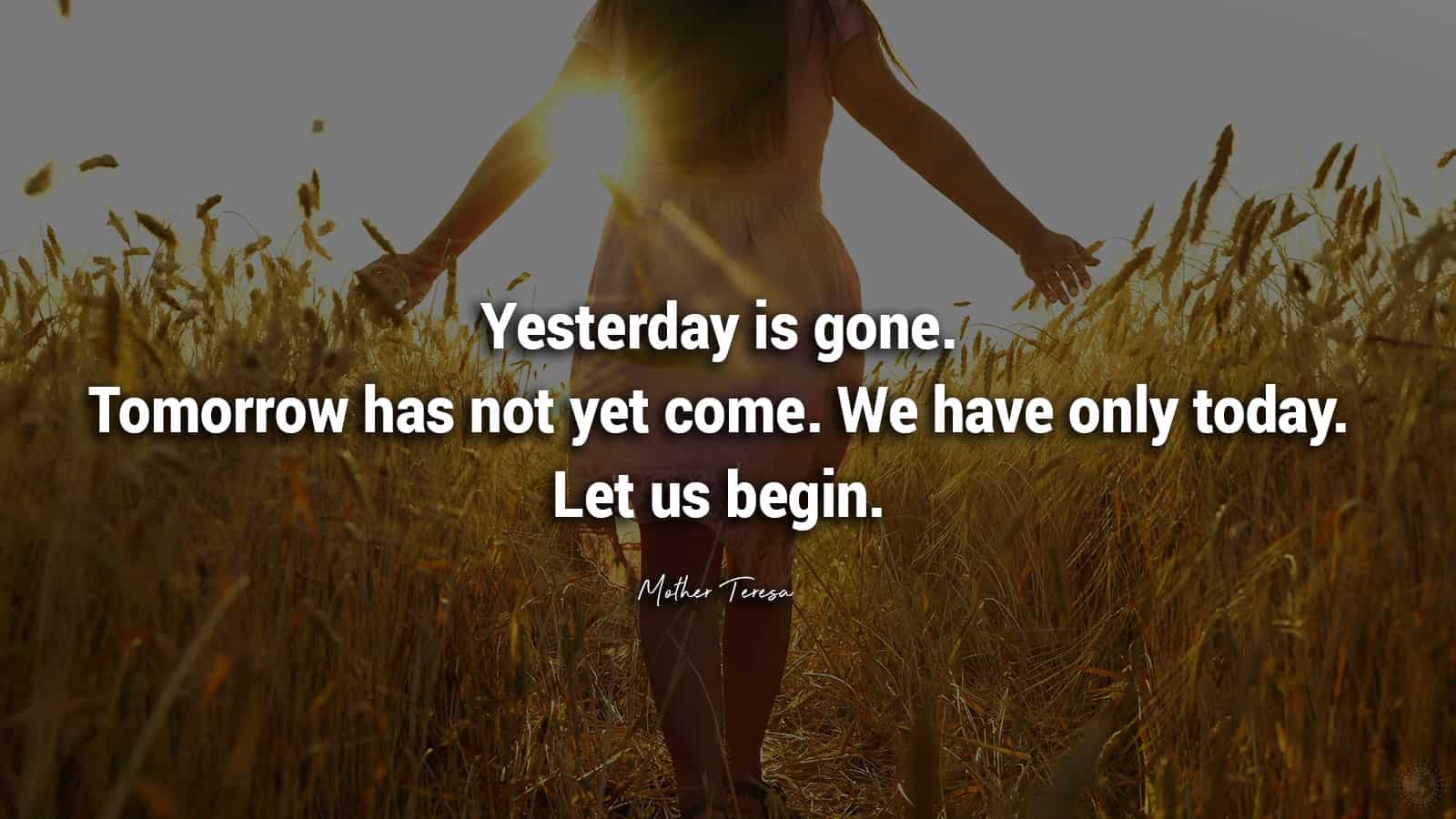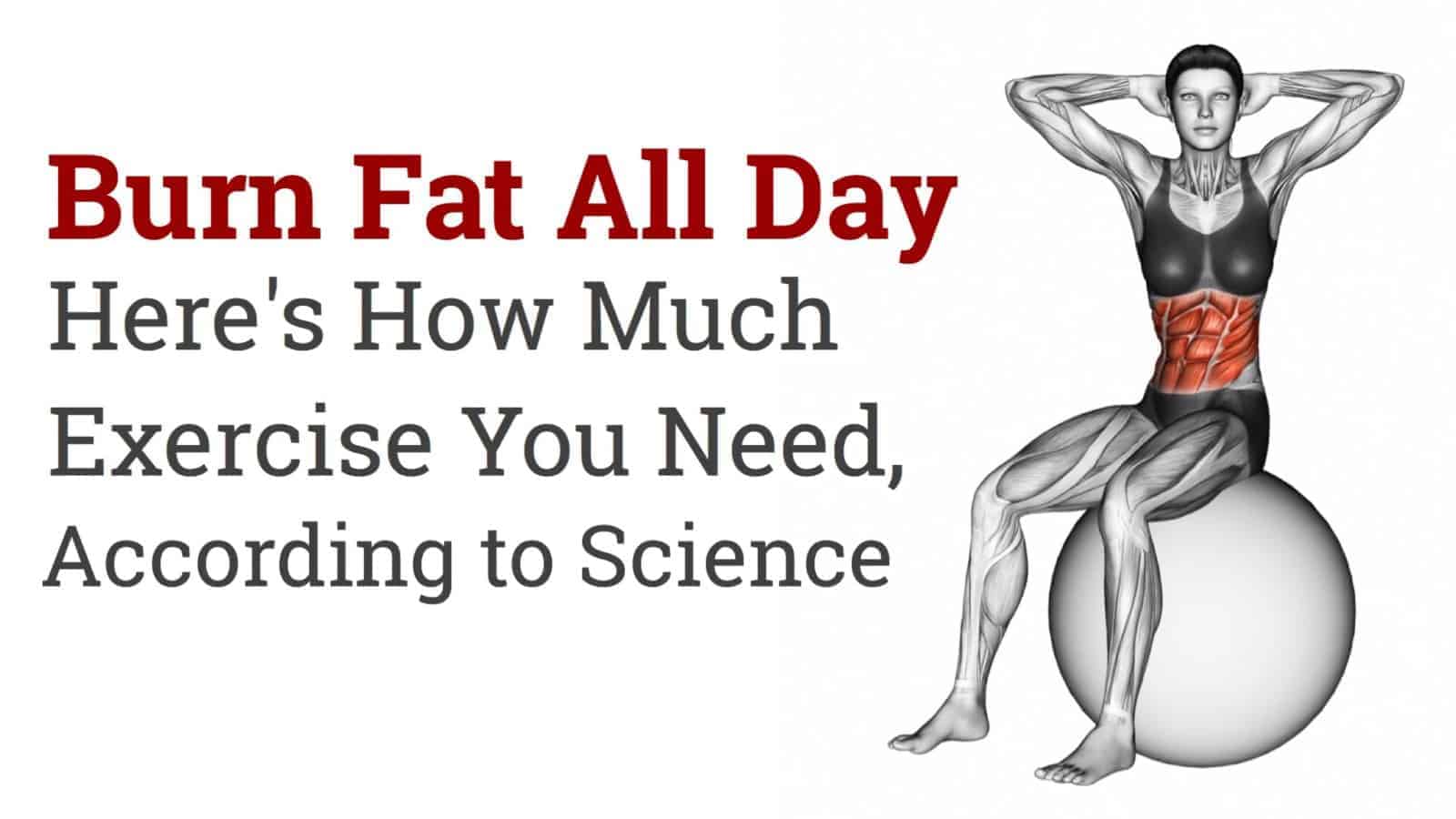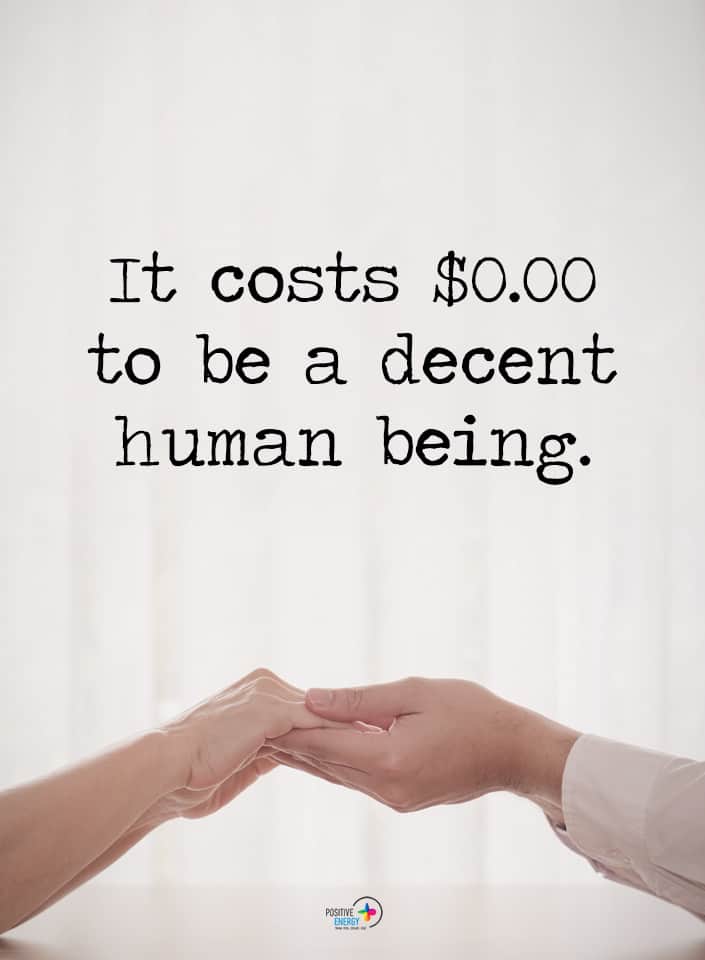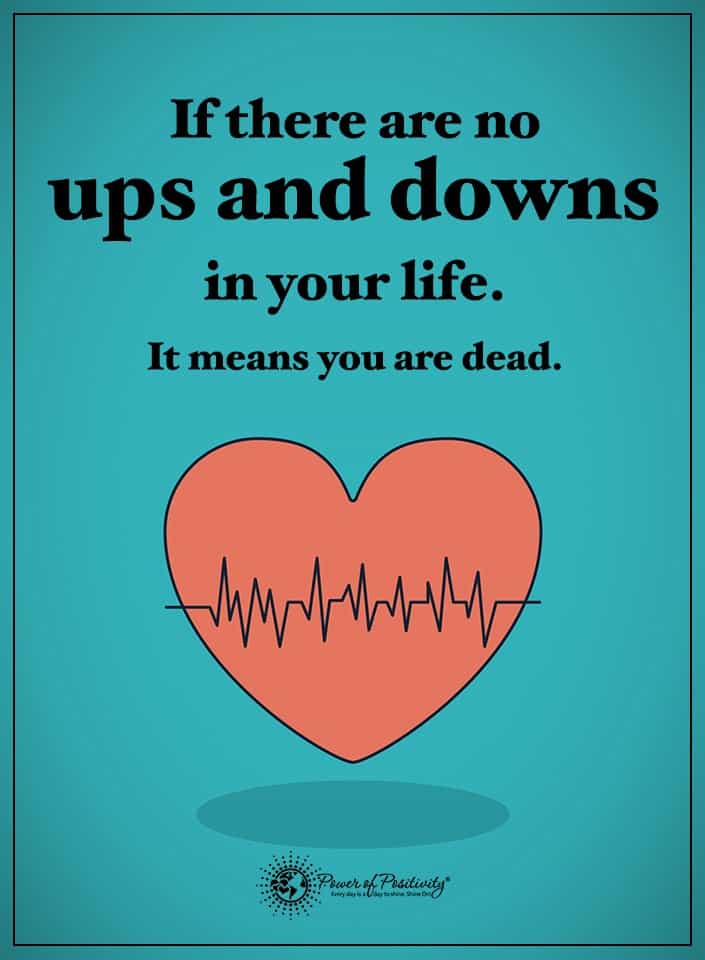You might not think your palms say much about your personality, but did you know the size, shape, and lines on your hands and fingers can reveal more about you than you’d think?
If you turn your palms up and take a quick look, you will probably notice that you have three major lines of varying lengths running across your hands. These three main lines are known as the head, heart, and life lines, and each can reveal a lot about your personality. Called palmistry, people have relied on palm reading since ancient times in parts of Asia, Persia, Israel, and Babylonia, to tell them more about themselves and their lives.
While many people might not take palmistry seriously, several scientific studies have come out that prove palmistry can reveal things about one’s health, personality, and even sexuality. Many famous people, such as Mark Twain and Thomas Edison, would fly long distances to have their palms read; however, you can read your palm without having to leave your own home with the information provided below.
Palmistry can tell you important aspects of your personality and life through studying the size and shape of the hands, and the lines running across the wrists and palms. In addition, palmistry can be divided further into two areas of study – chiromancy, or the study of the lines on the palm, and chirognomy, or the study of the shape of the hands and the color, shape and texture of the palm, fingers and thumb.
Most palm readers will agree that for right-handed individuals, the left hand lines, shape, and size will reveal the personality, character traits, and important life occurrences for the individual (the opposite is true for left-handed people). However, this fact might vary depending on the individual palm reader and the country you get your palm read in. Below, we’ll go into further detail about the major lines in the palm, as well as some other aspects of palm reading.
What Does Your Palm Reveal About Your Personality?
THE MAJOR LINES
The palm of the hand contains three major lines, as we discussed above — the life line, heart line and head line. Most people feel drawn to learn more about their life line than any other line on their hands. This line begins between the index finger and the thumb and continues downward toward the base of the thumb and the connection to the wrist. The heart line, also known as the love line, reveals information about a person’s emotional state as well as their emotional connection to others. You might also consider it as an indicator of your heart health. The head line, also known as the wisdom line, reveals one’s mental state, intuitive abilities, and intellect.
Life Line
The line on the palm that draws the most attention and speculation, this line begins between the index finger and the thumb and continues downward toward the base of the thumb and the connection to the wrist. Many people think that this line will reveal how long you will live, but this is just a misnomer. It does reveal important information about the experiences you’ll have in life, as well as your emotional and physical health.
Long and deep line — Indicates great health, vitality, and strength. Very well-balanced person.
Short and deep line — This means you have the capability to overcome any physical challenges you face. It does not mean you’ll have a short life. However, a short, shallow life line may mean that other people can easily manipulate you.
Deep line — Your life path won’t contain too many obstacles.
Faint line — Not a lot of stamina; won’t face too many adventures in life.
Broken line — Unfortunately, a broken life line indicates what it symbolizes – a literal break in your life in the way of loss, illness, interruptions, or accidents. If you have a broken line on only one hand, it means that you might suffer an illness or accident but recover quickly. However, you might suffer a more serious illness if you have this break on both hands. If the break occurs near the wrist, this might point to early childhood struggles and problems.
Chained line — You are vulnerable to physical and emotional health issues. You also live a turbulent life that constantly changes and moves directions.
Forked line — Generally, forks indicate a huge life change or interruption. It might also mean you’re scatterbrained and are torn between several choices.
Double or triple line — Means that you have positive influences in life and possess great energy. You could have a twin or have already found your soulmate in life. However, you can take this literally to mean that you have two or three different identities or lives.
Absent line — Means that you don’t know how to relax, and you might suffer from anxiety or restlessness.
Branched line — Upward branches mean great success, and downward branches indicate scarcity and lack in all areas of life, including energy levels. Lines extending up and above the life line show that you can recover from problems quickly. Lines extending below the life line mean that you waste valuable energy often.
Heart Line
The heart line, also known as the love line, reveals information about a person’s emotional health, as well as their relationships with others. You might also look at it as an indicator of one’s heart health. Located above the head and life line, it starts either under the index finger or middle finger, and extends toward the pinky finger.
Long — Means an open, warm, loving person. Might also indicate that the person has unrealistic expectations of relationships.
Very long — A line touching both ends of the palm indicates overly dependent habits in relationships.
Short — Self-absorbed person; reserved, reticent, introverted.
Deep — Might indicate a highly stressful life.
Deep and straight line — You are a rebel who likes to make your own rules and can get easily jealous.
Straight — You’re a logical, analytical person, and don’t get too mushy and sentimental in relationships.
Straight and Short — You don’t concern yourself much with romance; whenever it happens, it happens, and you don’t try to control it.
Straight and Parallel to the head line — You’re deeply in control of your emotions.
Wavy — Many relationships in life, but not too many serious ones.
Clear and Deep — Honest, generous, considerate person who is very self-aware and in control of emotions.
Red and Darker — You have a turbulent personality, meaning that you can get easily excited and also easily angered.
Red and Lighter — You can seem disconnected, distant, and even cold at times.
Faint — You are apathetic and don’t care too much about your emotions.
Broken — Emotionally exhausted, prone to mood disorders and probably has experienced emotional trauma in the past.
Chained — Negative feelings in your heart; might be going through depression or a brief period of unhappiness.
Double Forked — You have the perfect balance of head and heart, and value both romance and logic.
Triple Forked — You have an even more perfect balance of your mind, body and spirit.
Curved — Indicates a very empathic, highly sensitive person. You are deeply in touch with your emotions and are highly intuitive.
Absent — Ruled by logic, apathetic, not too concerned with personal feelings or the feelings of others.
Without Branches — Stagnant as far as emotional growth.
Branched upward — Positive relationships, great interest in deep, meaningful connections.
Branched downward — Not very good relationships; very turbulent past as far as relationships go.
Head Line
The head line, or wisdom line (considered one of the most important lines in Chinese palmistry), reveals mental and psychological makeup and intellectual development and intuitive abilities. This line begins just above the life line, between the thumb and the index finger and runs across the palm toward the other edge of the palm horizontally. Sometimes the head line begins directly on the life line and extends out from there. This indicates a headstrong, tough personality.
Long — High intelligence, strong memory. This person thinks things through thoroughly before acting, and doesn’t make rash decisions.
Very long, extending across entire palm — Strong personality, very successful, assertive. Might seem a bit self-centered.
Long and straight — Complex, highly adaptable person.
Straight — Logical, organized, not creative or free spirited, likes to follow the rules, down-to-earth, practical.
Short — Analytical, logical, straightforward person who likes to cut to the chase.
Deep — Great memory, focus, and a practical type of personality.
Wavy — Indicates a constant battle between the head and the heart. Might also indicate a person who doesn’t know what they want and flits from one thing to another in life.
Curved or sloping — Romantic, opportunistic, idealistic person who trusts his intuition and loves trying out new things and discovering new perspectives in life.
Faint — The dreamer in life, this type of person doesn’t pay much attention to logic. Tends to lack common sense as well.
Broken — Mentally exhausted, doesn’t have much control over thoughts, fragmented thought patterns.
Crosses — Indicates important life decisions that have impacted who you are as an individual today.
Chained — This means you’ve been going through a hard time and have had difficulty seeing the positive side of the situation.
Forked — A forked line indicates a person who enjoys debate and conflict, and can see both sides of an issue. This indicates a strong speaker, writer, and thinker who uses his intellect to advance in life.
Hooked — This might indicate self-absorption and selfishness. A hook low in the palm means a very untrustworthy individual who is also incredibly frugal.
Branches — Indicates important events yet to come in your life. May also indicate distractions that can take you off of your life path.
Branched upward — Indicates positive outcomes in all areas of life. Might also mean that you aim too high in life, and can get too wrapped up in your dreams without looking at the realistic side of things.
Branched downward — Indicates struggle, depression, loss, and general obstacles in life. Might indicate lack of success and prosperity.
Absent — Not common at all, but can signify laziness, detachment, and lack of interest in life.
Sister or Double — This might mean extra brainpower, emotions, and connection to life. A positive thing in most cases.
THE MINOR LINES
The palmistry minor lines, or secondary lines, can reveal an individual’s talents, interests, strengths and weaknesses. Their meanings can vary, depending on a variety of factors. Some people have faint or totally absent minor lines, which happens quite often. If they do appear on the palm, the palm reader can gain even more insight into the person. The nine more common lines are the fate line, apollo (sun) line, bracelet (rascette) lines, relationship (marriage) lines, health line, girdle of venus and intuition line.
Here’s a little information on fate lines. If yours are:
- Deep and straight, you have a very solid, promising career.
- Faint, you don’t like your job very much.
- Has lots of forks coming off it, you’ve had a very turbulent career.
- Starts from your life line but later splits off, you’ve been ambitious since a young age, and prefer an entrepreneurial approach to life.
- Joins with the life line in the middle, you may have or will later give up your interests and desires for the sake of others.
- The fate line starts at the base of the thumb and then crosses the life line, your family and friends greatly support you.
THE MOUNTS
In Palmistry, the mounts, or bumps of flesh, on the palm can reveal a great deal. They relate to the planets, which can tell us a lot about our personality. There are seven mounts on the palms, which represent the Sun, Moon, Mars, Mercury, Jupiter, Venus and Saturn. Where the mounts intersect the lines on the palms can also tell even more about an individual.
MARKINGS
Palmistry markings indicate positive or negative interruptions and blockages in the normal flow of the palm lines, mounts and fingers. They can indicate warnings of struggles, accidents, health problems, or other issues. On the other hand, some markings may indicate a period of recovery, problem resolution, or an emotional healing period. However, their meanings depend on the placement on your palm. They can also enhance or diminish the energies from those areas. The important markings that may appear on the palm of your hand include breaks, chains, crosses, dots, grilles, islands, squares, stars, tassels, transverse lines, triangles, tridents, upward and downward lines and vertical lines.













